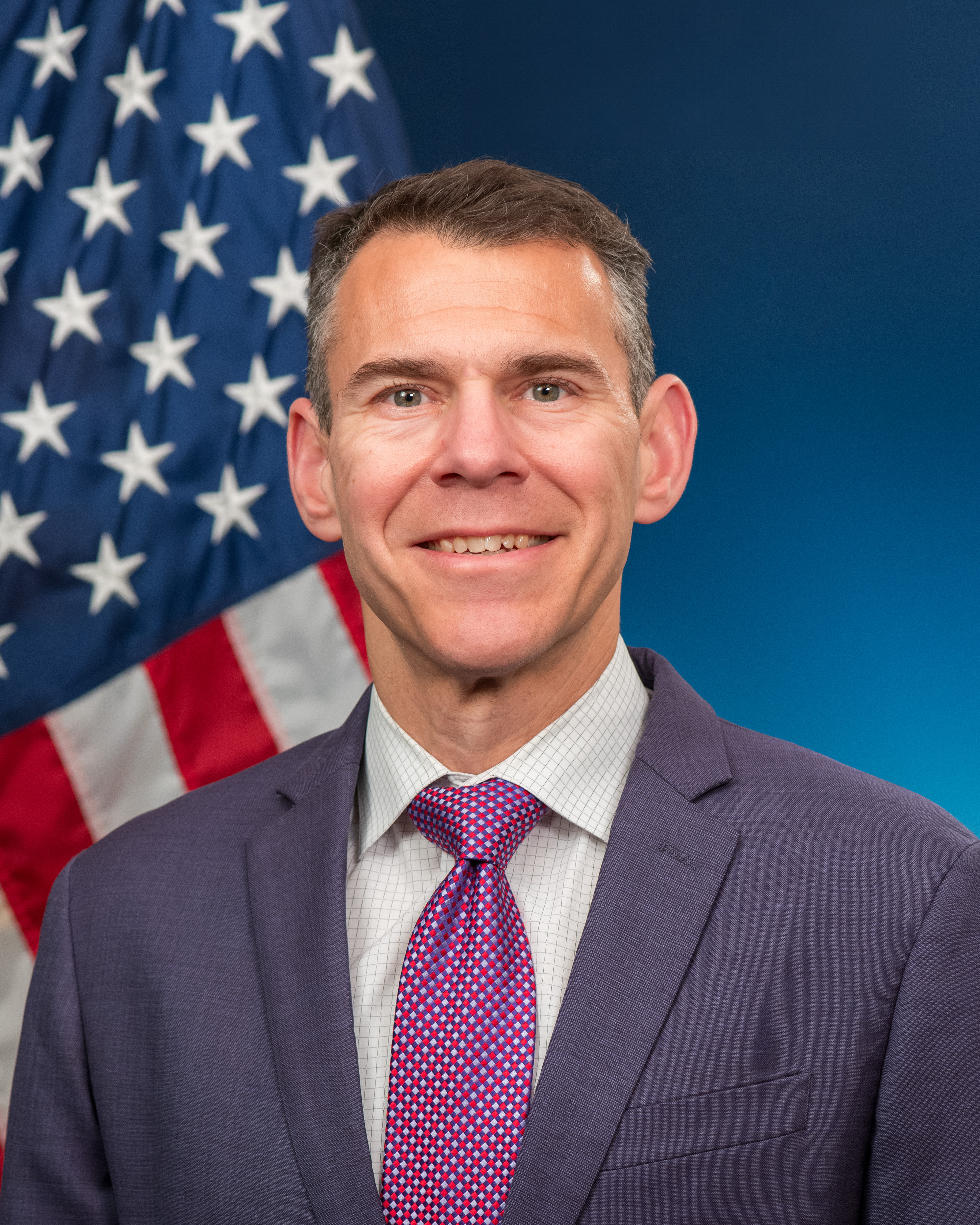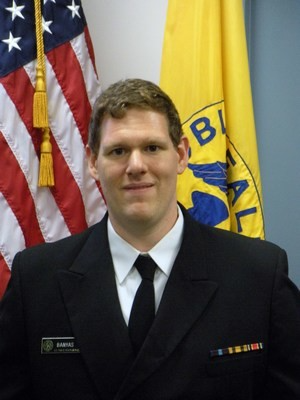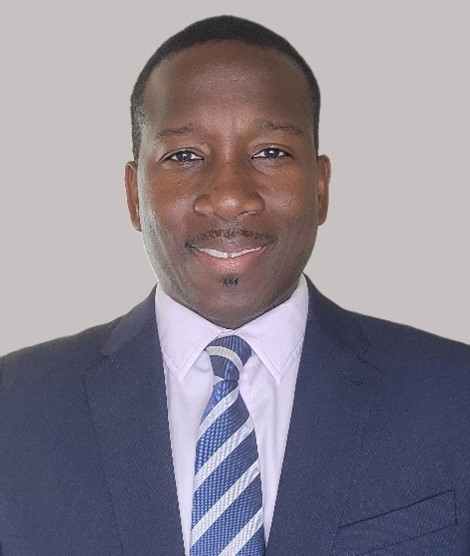June 20, 5:30pm, EDT - 9:30pm, EDT
LMI Building, 7940 Jones Branch Dr. Tysons, VA 22102
5:30 - 6:15pm - Networking
6:15 - 6:30pm - Welcome & Announcements
6:30 - 7:30pm - Program
7:30 - 9:30pm - Networking
Please join the HIMSS National Capital Area (NCA) chapter for our June event on Research and Development (R&D) in Federal Health IT. As the only federal government focused HIMSS chapter, we are proud to have federal experts come and speak about the R&D endeavors within their respective agencies. In a world of advancing health IT initiatives and policies, we are excited to hear the solutions these agencies are working towards and advancements that are in development.
Moderator

Dr. Jean-Paul Chretien, MD PhD
Program Manager
Defense Advanced Research Projects Agency (DARPA)
Dr. Jean-Paul Chretien, MD PhD is a program manager with the Defense Advanced Research Projects Agency (DARPA) Biological Technologies Office, where he leads efforts integrating biomedical science and ML/AI for casualty care, mass casualty triage, diagnostics and exposure assessment, and other military and national security applications. Recently retired from the Navy after 20 years of service as a medical officer, his previous assignments include Pandemic Warning Team Lead, Defense Intelligence Agency; Senior Policy Advisor for Biodefense, White House Office of Science and Technology Policy; Innovation & Evaluation Team Lead, Armed Forces Health Surveillance Branch; Director of Force Health Protection, II Marine Expeditionary Force; and International Programs Coordinator, DoD-Global Emerging Infections System. He graduated from the US Naval Academy, where he was a Truman Scholar, and received his MD from the Johns Hopkins University School of Medicine and PhD (genetic epidemiology) and MHS (biostatistics) from the Johns Hopkins Bloomberg School of Public Health. He completed residency in Preventive Medicine at the Walter Reed Army Institute of Research and fellowship in Health Sciences Informatics at the Johns Hopkins University School of Medicine.
Speakers

CDR Michael Banyas
Senior Officer
U.S. Public Health Service and a Health Specialist in the National Institute of Minority Health Disparities (NIMHD)
Commander Michael Banyas is a Senior Officer in the U.S. Public Health Service and a Health Specialist in the National Institute of Minority Health Disparities (NIMHD). The mission of NIMHD is to lead the nation’s scientific research to improve minority health and reduce health disparities. In his role, he is the Program Director for NIMHD’s SBIR/STTR program and oversees an award budget of almost $20.5 million and over 100 awardees. CDR Banyas specializes in underserved health care and public health systems with a focus on implementation science. Previously, he served as Public Health Analyst in NIH’s All of Us Research Program, where he led the Federally Qualified Health Center (FQHC) Pilot Project and Co Led the Tribal Engagement Strategic, as well as operational process improvement.
Additionally, he served as a Project Officer in the Health Resources Services Administration for FQHCs and as the Communications Lead for the Office of Health IT and Quality. Additionally, he served as a Fellow on the U.S. Senate Health, Education, Labor, and Pensions Committee’s Health Policy subcommittee and has worked in three academic medical centers. He has a Bachelor of Arts from the University of Vermont, a Masters in Public Administration in Health Management and Policy from New York University’s Wagner School of Public Service, graduate work in health informatics from Columbia University, and a Masters of Arts at the U.S. Naval War College. As a UVM political science student, he was able to grow his interests and career experiences in how politics and policy affect each other, utilize political theory for philosophically analyzing problems, and explore political and historical areas, ranging from African security issues to Vermont town halls politics. His UVM political science and liberal arts education were invaluable in helping him develop critical thinking for policy formation and analysis, augment his ability to connect theory and policy to present and future political situations, and understand how to align interests with objectives. These skills sets have been invaluable in furthering his work in variety of health policy and political settings at state and Federal levels.

Dr. Susan Persky
Associate Investigator
Social and Behavioral Research Branch at the National Human Genome Research Institute, National Institutes of Health (NIH)
Dr. Susan Persky is an Associate Investigator within the Social and Behavioral Research Branch at the National Human Genome Research Institute, National Institutes of Health (NIH). She directs the Immersive Simulation Program (ISP), a research service lab that provides expertise, tools, and support for integration of virtual reality and other emerging technologies into research and clinical programs. Dr. Persky also heads the Health Communication and Behavior Unit which houses a behavioral science research program on emerging genomics technologies for common, complex health conditions. She earned a B.A. in psychology from Northwestern University and an M.A. and Ph.D. in social psychology from the University of California, Santa Barbara, where she studied at the Research Center for Virtual Environments and Behavior. After conducting postdoctoral research at Columbia University, she came to the NIH in 2005. Here, she built an immersive virtual reality-based experimental research lab, founded in 2006, now the central hub of the ISP. Dr. Persky has published extensively in the areas of health communication, genomics and immersive technology methods. She is a Fellow of the Society of Behavioral Medicine and has presented in venues such as the Smithsonian Institution and the National Academies of Sciences, Engineering and Medicine.

Dr. Richard Shoge
Military Health Systems Research Program Branch Chief
Defense Health Agency
Dr. Richard Shoge is the Military Health Systems Research Program Branch Chief within the Research and Engineering Directorate at the Defense Health Agency (DHA). Dr. Shoge’s current role supports the DHA’s mission of improving the Military Health System (MHS) for the DoD’s 9.6 million beneficiaries and making it a highly reliable organization by using health systems data and medical records to investigate the inefficiencies in healthcare delivery. His program helps generate critical evidence and actionable insights about the costs, quality, variation, and outcomes of MHS health care and provides evidence-based recommendations to inform health system reform and clinical practice implementation. Before that, he was the Military Operational Medicine Research Program Injury Prevention Portfolio Manager for 11 years at the US Army Medical Research and Development Command at Ft. Detrick, MD where he developed medical and operational strategies and countermeasures to prevent, treat, and rehabilitate blast, musculoskeletal, and neurosensory injuries. Dr. Shoge has 12+ years of experience managing and executing DoD Science and Technology programs. He also has 4 years of research experience investigating animal models of blast induced brain injury and musculoskeletal injury at the Walter Reed Army Institute of Research and North Carolina State University, respectively.
He obtained his B.S. in Mechanical Engineering from the University of Maryland, Baltimore County (UMBC) and Ph.D. in Biomedical Engineering from the Joint Department of Biomedical Engineering at the University of North Carolina-Chapel Hill and North Carolina State University.